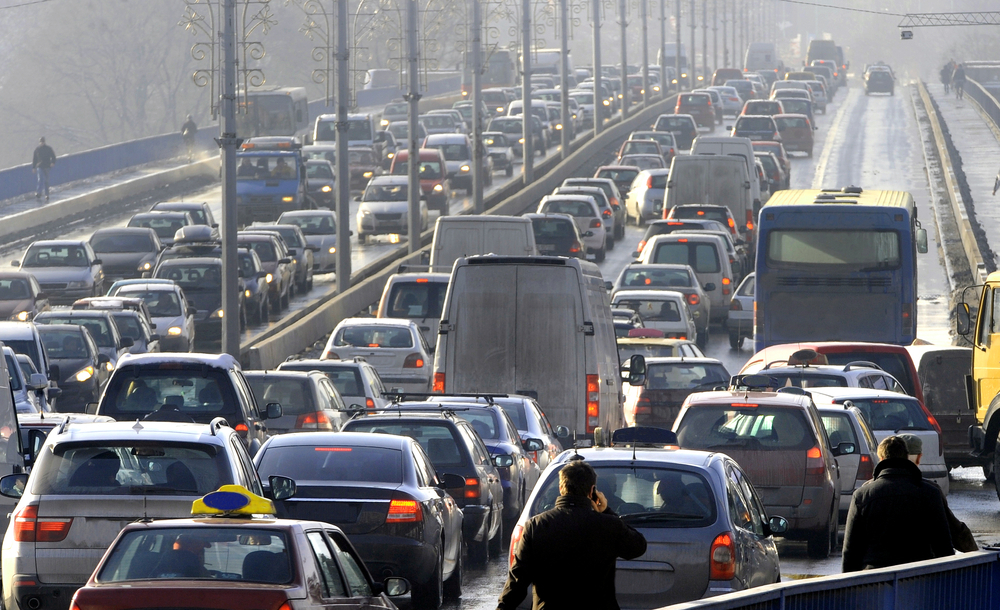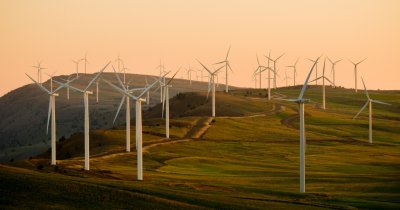Euronews.green writes that compared to 1990 levels, transport-related emissions grew by over 25%, despite EU's emissions being in overall decline. Still, emissions from the transport sector peaked in 2007 and ever since, they were on the decline, but the decrease is taking place three times slower compared to the rest of the economy.
William Todts, executive director of T&E, said that "the good news is transport emissions in Europe have peaked. The bad news is other sectors are decarbonizing three times faster."
"In 2030, nearly half of the continent’s emissions will come from mobility, making it the problem child of Europe’s climate efforts. Decarbonizing the sector as quickly as possible is now vital if the continent is to reach zero by 2050", he added.
Diesel and gasoline-powered cars account for around 40% of the region's emissions output from transport and T&E reports that the ever-increasing emissions from personal cars led not only to more emissions, but to an accelerated buildout of infrastructure, such as highways and motorways.
Road transport, consisting of trucks, buses and cars, accounts for 70% of the EU's transport emissions, more than railway, waterway and airway transport.
The fastest-growing sector in the transport industry with regards to emissions is aviation, which doubled its output since 1990 and the condensation vapors left behind by engine planes have the potential to heat the planet as much as three times more than previously thought.
Cities need to move away from the personal car as a mean of transport and turn to public transport, walking or biking for the eco-friendlier alternatives. Despite the fact that car ownership stagnated over the past ten years in most European cities, cars still account for a larger share of urban transport, driving emissions high.
Brussels, London and Vienna are some of Europe's cities where car ownerships dropped since 2000.
"Cars trucks and vans can be cheaply electrified with batteries and renewables. This is now some of the lowest hanging fruit in climate action", Todts added.
European authorities also need to address the emissions coming from shipping, as these are projected to account for one-third of transport's emissions by mid-century under the current policies.
Aviation emissions will also need to drop, as increased airport capacity signals a continued growth for the most polluting way to travel. "Planes and ships pose a tougher challenge, and require a big effort from fuel suppliers to scale green fuels like e-kerosene and ammonia, and a plan to eliminate aviation contrails."
Some experts believe that the only viable way to reduce aviation emissions is to cut the number of flights altogether, especially where trains can be a fairly quick alternative.
 Mihai - Cristian Ioniță
Mihai - Cristian Ioniță












Any thoughts?